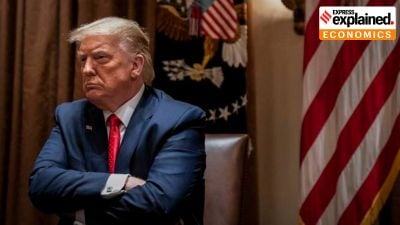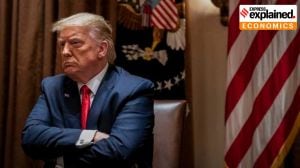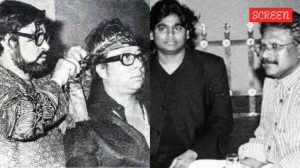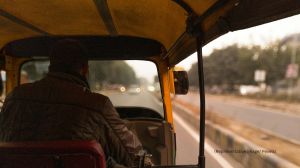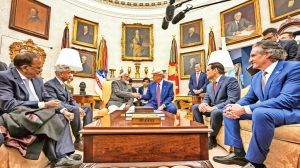Ratan Tata no more: Startup founder recalls Tata Group’s kind gesture for 1984 Sikh genocide survivor
Here’s why the Sikh community continues to show ‘lifelong loyalty’ to Tata trucks.
 Ratan Tata’s long-standing aversion to flaunting wealth was well known among the people who were close to him. (File)
Ratan Tata’s long-standing aversion to flaunting wealth was well known among the people who were close to him. (File)Ratan Naval Tata, 86, chairman emeritus of Tata Sons and the greatest philanthropist the country has seen, passed away on Wednesday, leaving behind the stories of his unmatched compassion for humans and animals alike.
But not many know that the Tata Group had scripted one such untold story of humanity during the darkest period for Sikh community in 1984, when thousands of them were massacred in the genocide across Delhi, Uttar Pradesh and other parts of north India.
Many Sikhs who were truck drivers lost their only source of livelihoods as their vehicles were also targeted by the mobs.
According to Gurgaon-based Abhiraj Singh Bhal, co-founder-cum-CEO of Urban Company, in a heart-warming gesture, the Tata Group had emerged as a ray of hope in 1984 for a Sikh truck driver. The Tata Motors (erstwhile TELCO) gave the driver a new truck and helped him restart his businesses from the scratch, shared Bhal.
Back in 1984, JRD Tata was the chairman of the Tata Group, while Ratan Tata was serving in several other capacities. Padma Vibhushan recipient Ratan Tata eventually took over as the Chairman in March 1991.
Bhal who previously worked with The Boston Consulting Group which had collaborated with the Tata Motors for an assignment, said that during his interaction with more than 500 truckers across Punjab, Rajasthan, Uttar Pradesh and North East, he had asked some Sikh drivers why they had staunch loyalty towards Tata trucks even as other companies offered hefty discounts.
Recalling his conversation with one such driver, Bhal wrote in a blog on his company’s official website: “I asked this question to an old Sikh trucker.. The gentleman took a few deep breaths. He recalled the forgettable details of one cold November night back in 1984 – a night which took away his brother, his home and his only truck. While the personal loss was irreplaceable, his truck, the only means to feed a family of five, was also burnt down. He was broken and contemplated leaving town and returning to Punjab. A few days later, once the dust settled, a Tata Motors employee walked up to him and handed him the keys to a new truck. There were no questions asked. He, and many others like him, who had lost their trucks in the Sikh riots, their only means of a livelihood, were given a free truck by Tata Motors. And this story never hit the press, was never publicized by Tata Motors, just remained etched in the memories of these truckers. As he narrated this story with moist eyes, he told me that he trusts the Tata brand – it has his lifelong loyalty.”
Speaking to The Indian Express, Bhal said: “I had written this blog way back in 2016, a few months after Mr Tata had shown a big heart to invest in our startup Urban Company (previously named Urban Clap). Many people earn money, very few earn respect. I was a consultant with The Boston Consulting Group. We were advising Tata Motors, an assignment which was made public by Tata Motors. I spent many months in the remotest parts of Rajasthan, Punjab, Uttar Pradesh and the North East. I must have met and interacted with over 500 truckers during this time, breaking bread with them, occasionally sharing a drink with them. In one such spirited interaction, an old Sikh driver told me how they were given new trucks without any questions asked.”
Decades later, Sikh drivers in Punjab and other parts of the country continue to remain loyal customers of Tata trucks.
HS Phoolka, senior Supreme Court advocate fighting cases for 1984 survivors, says: “Many members of Parsi community have supported the fight of Sikhs in getting justice since decades. Senior advocates including the late Soli Sorabjee and Fali Nariman fought cases with utmost sincerity. Rata Tata was an extraordinary human being with his heart full of compassion.”



